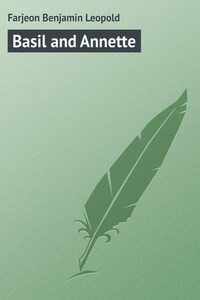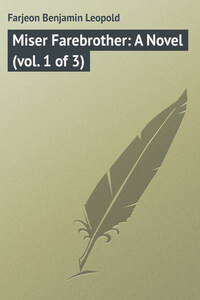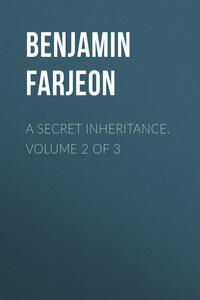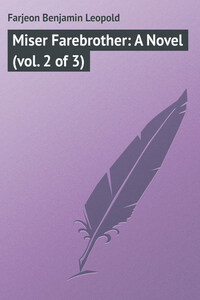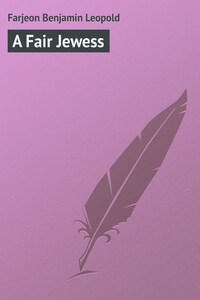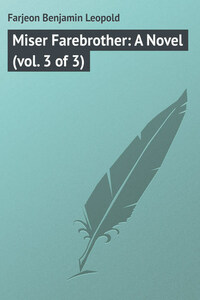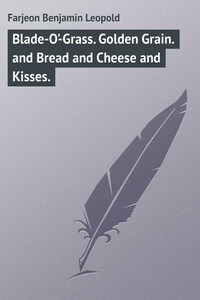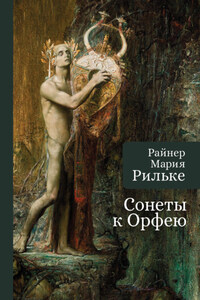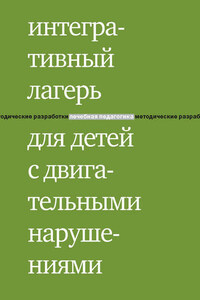In the old world the reign of winter has commenced. The woods are snow-white, the hedges are frosted over, the pools are frozen, icicles hang from the branches of the trees. Wayfarers walk briskly, stamp their feet, and beat their hands to keep the circulation going; while other humans, whom business does not call from their houses, snuggle round the fireside, with doors and windows closed to keep out the nipping air. Winged immigrants that came in the sweet spring days have long since taken their departure to warmer climes, bearing with them memories of a bright youth, to be renewed when another spring smiles upon the land.
In the new world, at the same moment, it is nature's holiday time. The air is scented with the fragrance of white lilies and jessamine; fringed violets carpet the woods; the wild passion fruit, with its gleaming scarlet flowers, illuminates the bushes; the palm-tree rears its graceful head above festoons of feathery leaves, in which clumps of red berries shine like clusters of stars; tall quandong-trees and wild plums shoot up straight as arrows, for the most part clear of vines and creepers, but not always successful in escaping the embrace of the stag's horn fern, one of the handsomest of all Australia's parasites; and the white-wooded umbrella-tree proudly asserts its claim to preeminence, with its darkly lustrous laurel-shaped leaves surmounted by long radiating spikes of crimson flowers, the brilliancy of which rivals the glowing sunset of the South. Through the grand forests, in which for unnumbered ages the dusky savage has roamed in freedom, never dreaming of the invasion of a higher civilisation, flit flocks of resplendent parrots, chief among them being the blue mountain, the rosella, and the crimson wing; black cockatoos, with their dazzling tails spread out, are lurking in the branches of the bloodwood trees, where they find both food and shelter; flycatchers, all green and gold, are cunningly watching the waterholes for prey; laughing jackasses, with their blue feathers and cold grey eyes, which are now twinkling with fun, are making merry over the absurd antics of native companions, whose conceited hoppings and twirlings are comic enough to inspire mirth in the dullest denizens of the woods; while the soft musical notes of the bellbirds, all green and purple, blue and golden, make harmonious the west wind which travels from the beeches, and fill the air with melody strange and sweet.
Within hail of these summer evidences of loveliness and grandeur stand two men, one young, the other not yet middle-aged. The younger man, whose name is Basil Whittingham, is the embodiment of careless, indolent grace, but just now he is evincing an unusual earnestness of manner, both in speaking and listening. His age is barely twenty-three, and he bears about him the unmistakable stamp of gentleman. This is not always the case with men who have honest claims to the title, but with some few it is a gift. It is so with Basil Whittingham. He has blue eyes, fair hair, a supple, graceful form, a laughing mouth, with teeth like pearl, delicate hands, and a long, light-brown moustache, which he evidently regards as a magnificent possession, and cherishes and nurses as a thing of beauty. Otherwise he has not much to be proud of in the shape of possessions, for his clothes would be anything but presentable in Mayfair, though here in the Australian woods they may serve well enough. His trousers, tucked into old knee boots, have conspicuously seen their best days; his shirt, of some light material, has rents in it, showing the fair skin of his arms embrowned by the sun where the sun could get at them; the sash round his waist is frayed and faded; his wide-awake hat, sound in front, is tattered at the back, where it flaps loosely over his flowing hair; and, moreover, he is smoking a short black cutty. Yet despite these drawbacks, if drawbacks they can be called in this land of freedom, freer indeed than any republic under the sun, even the most ordinary observer would be ready to acknowledge that the man was a gentleman. One, for instance, who would not do a dirty trick, who would not tell a lie to serve his own interests, who would not betray a friend, and who would be more likely to wrong himself than others. Tender, simple, brave; fearless, but not foolhardy; openhearted, confiding, and unsuspicious of sinister, motives in those with whom he has once shaken hands; with a sense of humour which lightens adversity; regretting not the past, though he has wilfully steered his boat into the Bay of Poverty, and dreading not the future; such is Basil Whittingham, a typical type of an honest, frank, manly English gentleman.
His companion, by name Anthony Bidaud, was born and bred in Switzerland, but is of French extraction. He speaks, English fluently, so well indeed that those who serve him will not believe he is a foreigner. He has not yet reached middle age, but he looks sixty at least, and on his worn, anxious face dwells the expression of a man who is waiting for a mortal stroke. He is well dressed, after the free bush fashion, and is no less a gentleman than Basil Whittingham. It is the mutual recognition of social equality that keeps Basil penniless and poorly clad, for he is a guest, not a dependent, on the plantation of which Anthony Bidaud is master. This state of things suits the careless nature of the younger gentleman, who, welcomed and received by Anthony Bidaud as an equal, takes a pride in holding himself free from the touch of servitude. Perhaps Annette, of whom you shall presently hear, serves as a factor in the attitude he has chosen.
